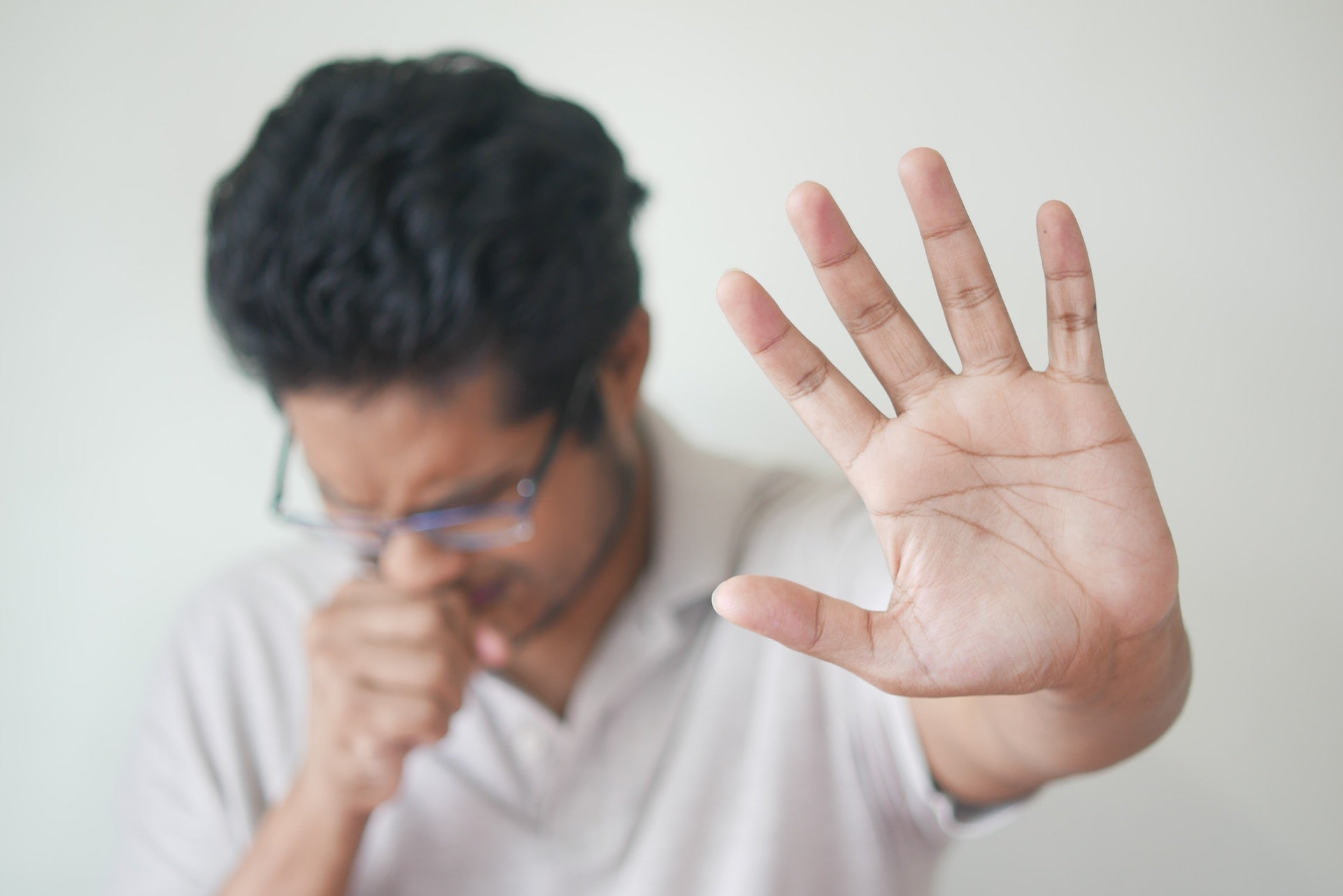Seasonal Allergies

Ah, spring. The birds are singing, the flowers are blooming, and...the allergies are back. Seasonal allergies are a bummer, but they're also a fact of life for many people. In this blog post, we'll discuss why seasonal allergies happen and what you can do to prevent or alleviate them.
Why Do Seasonal Allergies Happen?
Seasonal allergies are a result of your immune system overreacting to pollen from trees, grasses, and weeds. When you inhale pollen, your immune system thinks it's an invader and releases histamine to attack it. This can cause a variety of symptoms, including:
- Sneezing
- Runny or stuffy nose
- Itchy or watery eyes
- Scratchy throat
- Fatigue
Different people react differently to different types of pollen, so you may experience symptoms only during certain times of the year when certain plants are blooming. For example, if you're allergic to ragweed, you may experience symptoms in the fall.
Remedies and Preventative Measures
There's no cure for seasonal allergies, but there are a variety of remedies and preventative measures you can try to alleviate your symptoms or avoid them altogether.
Over-the-Counter Medications
Antihistamines, decongestants, and nasal sprays can all help alleviate your symptoms. Antihistamines block the histamine that your body produces in response to allergens, while decongestants can help relieve nasal congestion. Nasal sprays can help reduce inflammation in your nasal passages.
It's important to read the labels carefully and follow the instructions, as some medications can have side effects or interact with other medications you're taking. If you're not sure which medication is right for you, talk to your doctor or pharmacist.

Allergy Shots
Allergy shots, also known as immunotherapy, can help reduce your sensitivity to allergens over time. This involves getting regular injections of small amounts of the allergen, which helps your body build up a tolerance.
Allergy shots can take several months to start working, and you'll need to get them regularly for several years. They can also be expensive and may not be covered by your insurance, so it's important to weigh the pros and cons before deciding if they're right for you.
Avoiding Triggers
If you know what triggers your allergies, try to avoid it as much as possible. This may mean staying indoors during peak pollen times, using air conditioning instead of opening windows, or wearing a mask when you're outside.
Natural Remedies
Some people find relief from their allergies through natural remedies, such as:
- Neti pots, which can help flush out your sinuses
- Local honey, which may help reduce your sensitivity to pollen
- Essential oils, such as peppermint or eucalyptus, which can help relieve congestion
- Probiotics, which may help boost your immune system
It's important to note that natural remedies may not work for everyone, and some may have side effects or interact with other medications you're taking. As with any treatment, it's important to talk to your doctor before trying anything new.
Lifestyle Changes
Certain lifestyle changes may also help alleviate your symptoms. For example, quitting smoking can help reduce your sensitivity to allergens, while staying hydrated can help thin out mucus and make it easier to breathe.
Conclusion
Seasonal allergies can be a real pain, but there are a variety of remedies and preventative measures you can try to alleviate your symptoms or avoid them altogether. Whether you prefer over-the-counter medications, natural remedies, or lifestyle changes, there's something out there that can help.




